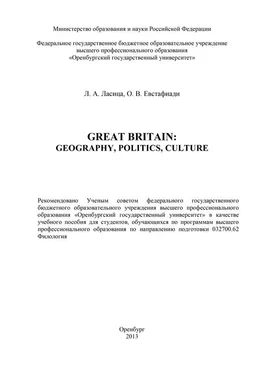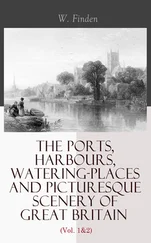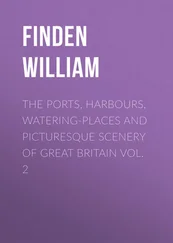3.1 The late Middle Ages (13 th– 15 thcentury)
The fourteenth century was disastrous for Britain as well as most of Europe, because of the effect of wars and plagues (Black Death). Probably one-third of British population died of plague. Whole villages disappeared, and some towns were almost completely deserted until the plague itself disappeared. Plagues killed sheep and other animals in the century. It resulted in years of famine and by the end of the 13 thcentury the population in Britain decreased from 4 mln. people to 2 mln. It only began to grow again in the second half of the fifteenth century.
Britain and France suffered from the damages of war. In the 1330s England began a long struggle against the French Crown. In France villages were raided or destroyed by passing armies. The war between England and France lasted for 100 years and is known as the Hundred Years War. England fought with Scots and wanted to control Ireland and Wales, both of which were trying to become independent.
During the fourteenth century, towards the end of the Middle Ages, there was a continuous struggle between the king and his nobles. The first crisis came in 1327 when Edward II was deposed and cruelly murdered. Towards the end of the fourteenth century Richard II was the second king to be killed by ambitious lords. He had made himself extremely unpopular by his choice of advisers. Richard II had no children. There were two possible successors. One was the earl of March, the sevenyear-old grandson of Edward III’s second son. The other was Henry of Lancaster, son of John of Gaunt (the 3 dson of Edward III). It was difficult to say which had the better claim to the throne. But Henry was stronger. He won the support of other powerful nobles and took the crown by force. Richard died mysteriously soon after. Henry IV spent the rest of his reign establishing his royal authority. But although he passed the crown to his son peacefully, from that time and half a century later the nobility was divided between those who supported his family, the ‘Lancastrians’, and those who supported the family of the earl of March, the ‘Yorkists’.
During the fifteenth century the throne of England was claimed by representatives of two rival groups. The Lancastrians, whose symbol was a red rose, supported the descendants of the Duke of Lancaster, and the Yorkists, whose symbol was a white rose, supported the descendants of the Duke of York. The struggle for power led to the ‘Wars of the Roses’ between 1455 and 1485. They ended when Henry VII defeated and killed Richard III at the Battle of Bosworth Field and were followed by a period of stability and strong government.
With the spread of literacy, cultural life in Britain naturally developed also. In the cities, plays were performed at important religious festivals. They were called ‘mystery plays’ because of the mysterious nature of events in the Bible, and they were a popular form of culture.
The language itself was changing. French had been used less and less by the Norman rulers during the thirteenth century. After the Norman Conquest English (the old Anglo-Saxon language) continued to be spoken by ordinary people but was no longer written. But ‘Middle English’, the language of the fourteenth and fifteenth centuries, was very different from Anglo-Saxon. This was partly because it had not been written for three hundred years, and partly because it had borrowed so much from Norman French. By the end of the Middle Ages, English as well as Latin was being used in legal writing, and also in elementary schools.
Education developed enormously during the fifteenth century, and many schools were founded by powerful men. Such universities as Oxford and Cambridge and public schools (Eton and Winchester School) were founded in the middle ages.
3.2 The sixteenth century
The power of the English monarch increased in this period.
Конец ознакомительного фрагмента.
Текст предоставлен ООО «ЛитРес».
Прочитайте эту книгу целиком, купив полную легальную версию на ЛитРес.
Безопасно оплатить книгу можно банковской картой Visa, MasterCard, Maestro, со счета мобильного телефона, с платежного терминала, в салоне МТС или Связной, через PayPal, WebMoney, Яндекс.Деньги, QIWI Кошелек, бонусными картами или другим удобным Вам способом.












